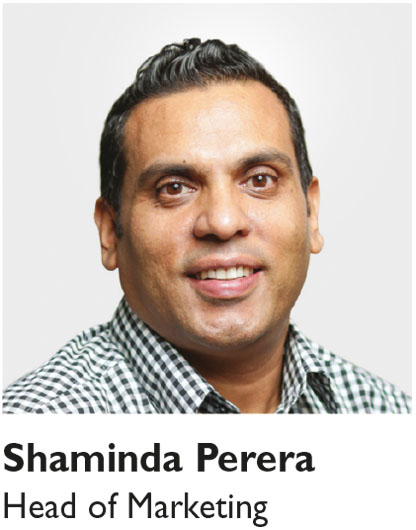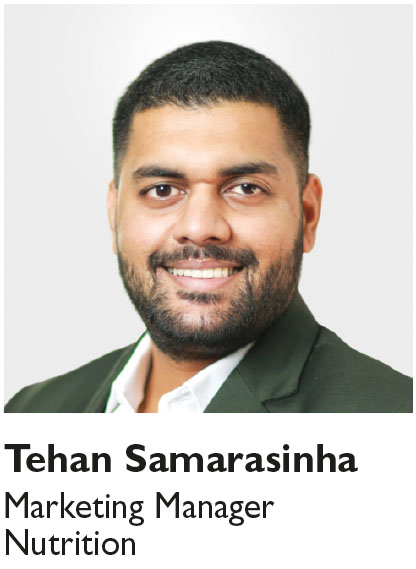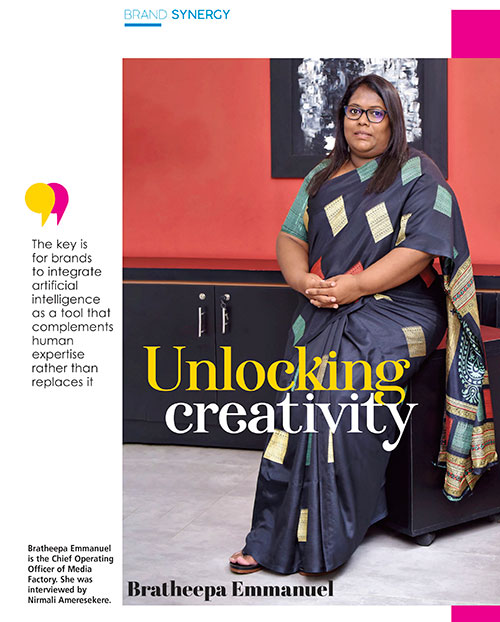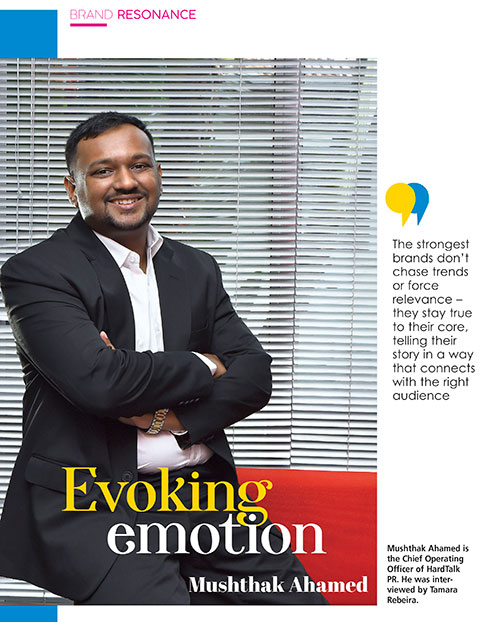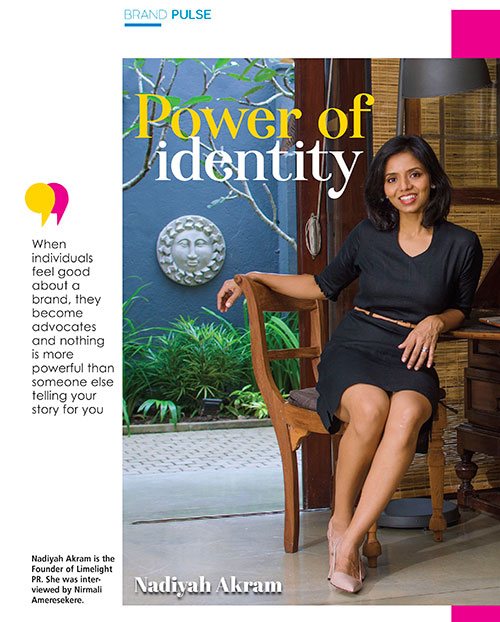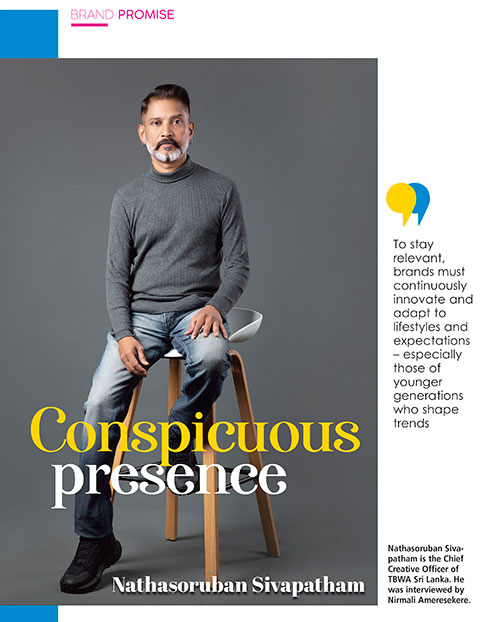LEADING BRANDS PROFILE
Dettol

Q: Could you trace the brand’s history, strengths and opportunities?
A: Reckitt has been an integral part of the lives of Sri Lankans for well over 60 years, offering a range of solutions in the consumer healthcare segment with a focus on hygiene, health and nutrition.
Dettol’s extensive portfolio of products in Sri Lanka includes soap, handwash, body wash, surface cleaners, and a range of other personal and home care products.
The global market leader in the antiseptics and disinfectants category, Dettol is present across 124 countries with over two billion usage moments a day. It primarily focusses on helping families all over the world fight germs and bacteria, led by a brand vision to build a healthier world on the foundation of good hygiene.
This is also the main reason why purpose is at the core of all our brand related activities.
Dettol Sri Lanka pioneers a series of activities island-wide, promoting good hygiene and education through the School Handwashing Programme, Dettol New Mums Programme and Dettol Public Sanitation Programme.
Q: Your assessment of the impact of the pandemic on brands and branding is…?
A: As marketers, we anticipated noticeable shifts in consumer behaviour and lifestyles post- COVID – more health and hygiene driven lifestyles, adoption of e-commerce and a move towards value-based offerings.
During the pandemic, there was a greater focus on hygiene and sanitisation, as monthly spending shifted from recreational activities and entertainment, to homecare and hygiene. The post-pandemic challenge will be to see if this trend continues.
The next significant shift anticipated was in e-commerce. The FMCG industry had not seen much progress in e-commerce in Sri Lanka until the pandemic struck. Therefore, brands need to anticipate behavioural changes in consumers and prepare a go to market strategy that strengthens their digital presence.
However, it must be noted that Sri Lankan consumers still prefer a brick and mortar-based shopping experience.
The economic implications will be another challenge as most consumers will tighten their purse strings. Consumers will look to economise and consistently seek value from brands. Indeed, brands must improvise to provide a higher value offering – i.e. through the brand promise and financial viability.

Q: What role can brand investments play in accelerating business recovery?
A: In the current hostile economic environment, organisations must be agile and prudent in making business decisions. Investment plans or strategies will need to be twofold – viz. short and long term.
Short-term investments will need to prioritise meeting the needs of consumers to sustain their current market position and deter them from moving to more value driven product offerings.
Long-term investment strategies should address future consumer needs and wants by focussing more on the bottom line – by identifying effective ways to provide superior goods and services more cost effectively.
Q: How important is social environmental conscience for a brand?
A: An environmentally and socially conscious brand is on a journey towards creating a stronger bond with its consumers.
Globally, key Reckitt brands drive activities such as providing access to clean water and sanitation, via brands such as Dettol and Harpic; supporting Aids-related education and awareness through Durex; and female empowerment and leadership through Veet.
Q: What is your perception of the impact of social media – including influencer marketing?
A: Being a globally renowned brand, Dettol has used influencer marketing to create a positive impact on both society and the brand.
Dettol launched a creative influencer marketing campaign in line with Global Hand Washing Day 2021 by selecting the right personalities who aligned with its brand values.
It is vital to remember that authenticity will be the key to making or breaking your influencer marketing campaign. Finally, managing costs is indispensable when planning a social media campaign.
Q: How do you see the relationship between brand equity, value and future proofing?
A: The brand value of an organisation is an intangible asset; therefore, investing in brands can future proof them. A brand held back by its past will threaten its survival.
A brand that dominates hygiene products as a segment leader, Dettol’s post-lockdown society brand campaign – ‘We protect what we love’ – redefined its focus of being hygienic and as an antiseptic.
Dettol also identified the different hygienic insights of consumers and attracted them by offering products for their needs. It also collaborates with many parties in countries to live up to its values and be future proof.
Telephone 2550981 Email srilankahelp@reckitt.com Website www.reckitt.com

